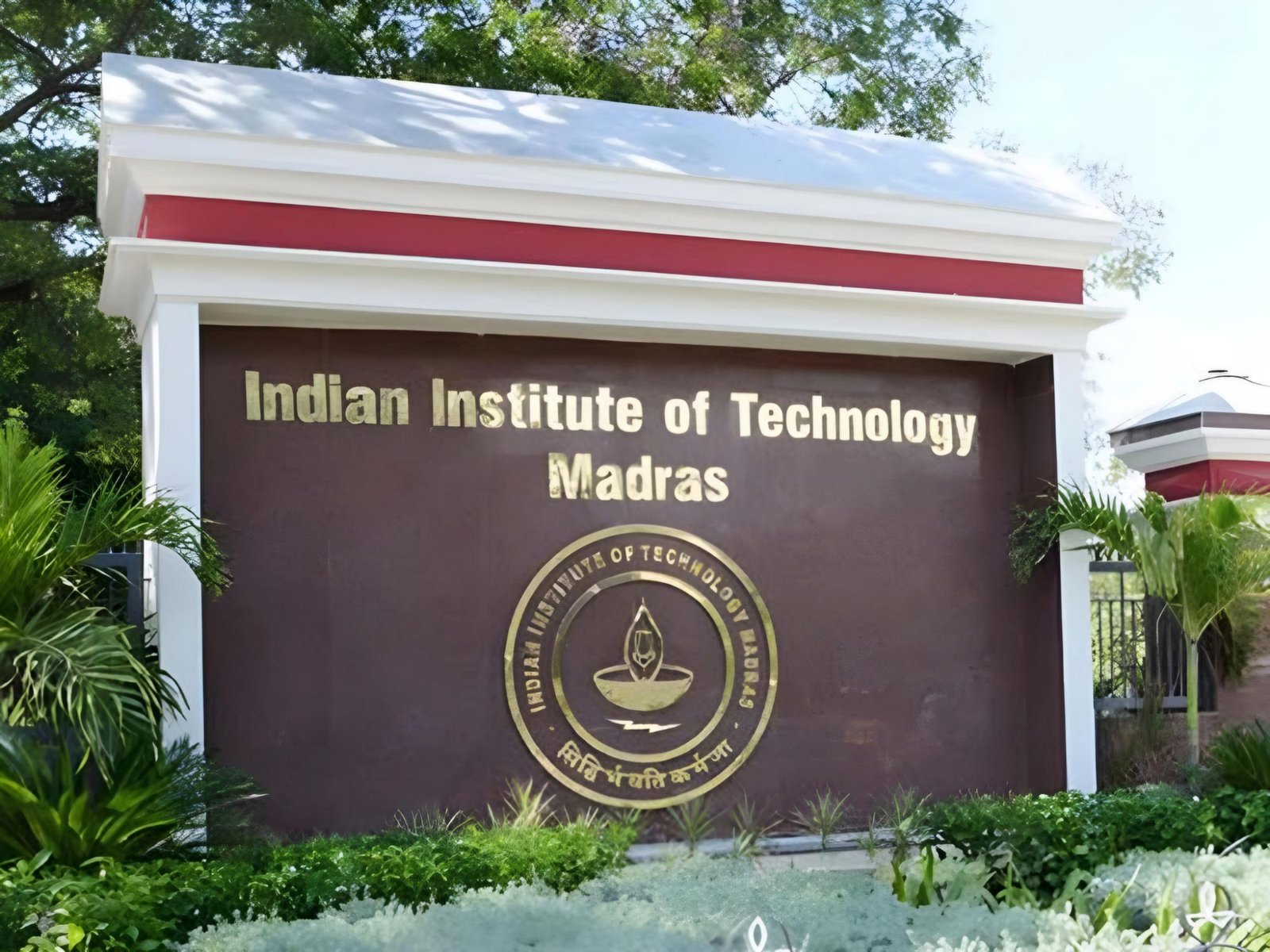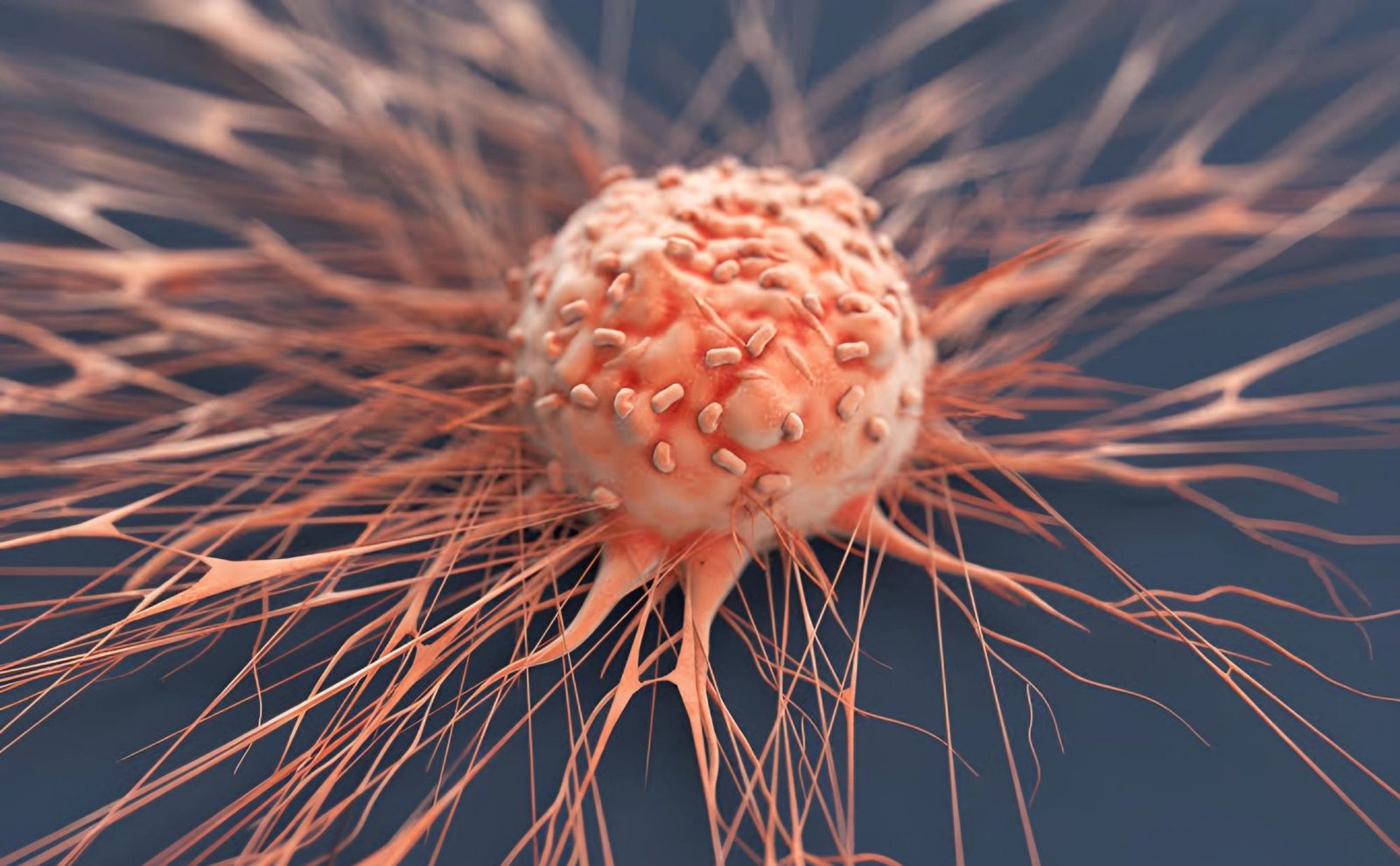
Under 100 Words: A Compact Summary
IIT Madras researchers have patented nanomedicines derived from Indian spices, showing anti-cancer properties in various cell lines. Successful animal studies have paved the way for upcoming clinical trials, to make the medicines available by 2027-28. The nano-formulations offer advantages like no harmful side effects and reduced treatment expenses, contributing to the emerging field of nano-oncology (Cancer Therapy with Indian Spices Patented by IIT-Madras).
- Researchers at the Indian Institute of Technology (IIT), Madras, have secured a patent for the utilization of Indian spices in cancer treatment, with expectations that the medications will be accessible in the market by 2028, according to officials.
- The nanomedicines derived from Indian spices exhibited anti-cancer properties against various cell lines, including lung, breast, colon, cervical, oral, and thyroid, while remaining safe for normal cells.
- The researchers are currently focusing on addressing safety and cost challenges that are significant issues in existing cancer treatments (Cancer Therapy with Indian Spices Patented by IIT-Madras).
- Recent successful animal studies have paved the way for upcoming clinical trials, aiming to make these medicines available in the market by 2027-28.
- Professor R Nagarajan from the Department of Chemical Engineering at IIT-Madras highlighted the historical recognition of medical benefits from Indian spice oils and how the formulation as a nano-emulsion overcomes previous limitations in their application (Cancer Therapy with Indian Spices Patented by IIT-Madras).
- He mentioned that mechanistic studies to identify active ingredients and their interactions with cancer cells will continue, alongside efforts to expedite the translation of positive results from animal studies to clinical trials.
- The researchers anticipate a two to three-year timeframe for bringing these formulations to the market (Cancer Therapy with Indian Spices Patented by IIT-Madras).
- Animal studies for the patented anti-cancer nano-formulations have already been conducted, with dosage adjustments and efficacy studies carried out through funding support from Gopalakrishnan, an IIT Madras Distinguished Alumnus Awardee and Infosys Co-Founder, via Pratiksha Trust.3
- Nagarajan emphasized several advantages of nano-oncology compared to conventional cancer treatment therapies.
- “The advantages encompass no harmful side effects, reduced treatment expenses, the abundance of Indian spice oils, and the utilization of the nano-scale for optimizing efficacy and bioavailability,” stated Professor R Nagarajan.
- He emphasized the numerous benefits of nano-oncology over traditional cancer treatment. M Joyce Nirmala, Chief Scientific Officer at IIT Madras, highlighted the effectiveness of the patented Indian spice-based nano-formulations in various common cancers through in-vitro studies.
- Nirmala explained that ongoing investigations involve drug dosage adjustment and efficacy assessments using animal models, with clinical trials to follow.

- The aim is to develop cancer nanomedicine that minimizes treatment costs and pain while overcoming the toxic side effects associated with existing treatments (Cancer Therapy with Indian Spices Patented by IIT-Madras).
- Considering India’s status as the world’s largest spice producer, the large-scale production of the Indian spice-based cancer nanomedicine is anticipated to be cost-effective.
- Furthermore, the formulations are designed for oral administration, simplifying the treatment process. The chosen spices are edible, ensuring good biocompatibility and reducing toxic side effects.
- Nirmala also noted that plant and spice oils, in general, can impact multiple oncogenic signaling pathways, offering an additional advantage in enhancing the quality of life for cancer patients.
- IIT Madras officials highlighted the promising outcomes of nano-oncology over the last two decades as an emerging strategy in cancer therapy, diagnosis, and prevention.
- Cancer nanomedicine is favored for its reduced toxicity, improved drug accumulation, optimal size range in the nanometer scale, and prolonged circulation time.
- With an increasing number of nano-based formulations undergoing Phase II and Phase III clinical trials, the global rise in cancer cases, especially in breast, lung, and colorectal cancers, has prompted a shift toward nanotechnology-based cancer drug development.
- Nirmala underlined the limitations of conventional treatment options, such as chemotherapy, radiotherapy, and surgery, including pain, toxic side effects, inefficient targeting, and high costs. Given the ongoing challenges in completely eradicating cancer with existing therapies, the role of nanomedicine is gaining significance.
ALSO READ – A 92% Increase in Indian Patents Granted at IIT Madras in 2023.
